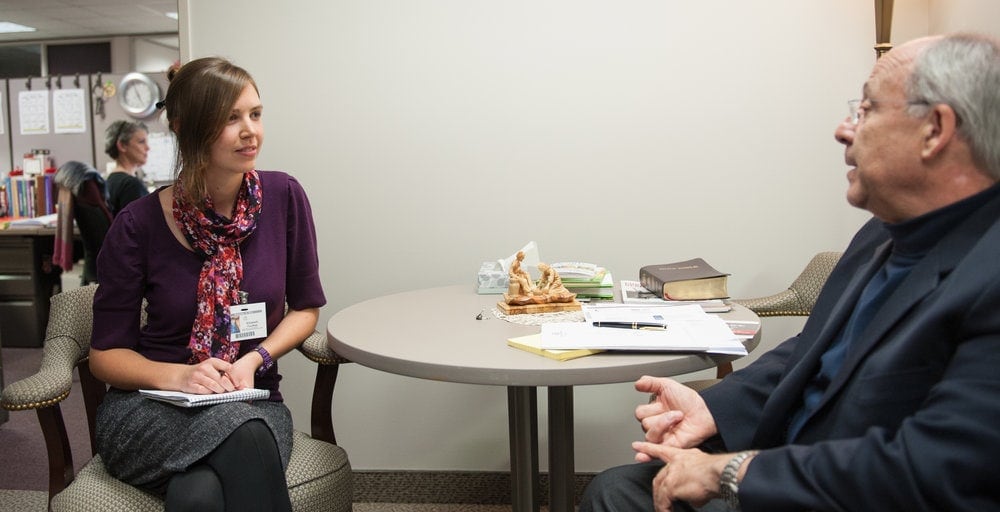
, ANN
The Adventist Development and Relief Agency has appointed an Ebola response coordinator to help the Seventh-day Adventist Church and its numerous entities respond to the West Africa outbreak.
The agency hired Elizabeth Foulkes, who previously coordinated health programs for Loma Linda University in California and for ADRA in Albania, to work in the newly created position for at least three months.
Foulkes, who received a master’s degree in global health from Loma Linda University’s School of Public Health this year, will coordinate response efforts between the Adventist Church’s Health Ministries department, ADRA International, ADRA offices throughout West Africa, Loma Linda University and Adventist Health International. Those entities have already shipped hundreds of thousands of dollars in supplies and equipment to West Africa.
“We want to have a united approach, especially in terms of utilizing the church’s networks in the affected countries,” said David Holdsworth, a senior ADRA official who is helping oversee the organization’s Emergency Management Unit.
Holdsworth said Foulkes would manage initiatives from various church entities and update leaders and members through news releases and the social media.
Foulkes said she looked forward to the opportunity to use her previous experience of coordinating the work of various entities but this time on a larger scale.
“This is a really interesting situation that no agency, including ADRA, has ever faced before,” Foulkes said. “It’s both a learning opportunity as a recent graduate as well as an opportunity to pull different Adventist entities together to work as a team.”
She added: “There are a lot of people working on this, the General Conference and unions and conferences and universities, and I’m really just helping to facilitate all of those efforts.”
Much of the church’s support has focused on two Adventist hospitals in West Africa, Cooper Adventist Hospital in Liberia and Waterloo Adventist Hospital in Sierra Leone. Both hospitals were closed temporarily for quarantine at various times over the past few months after Ebola-related deaths onsite. Cooper has reopened and is operating and treating non-Ebola cases. At Waterloo, the federal government made renovations and will soon operate the facility as an Ebola treatment center.
One of ADRA’s primary responses has been to provide emergency food rations to people who avoid public places like food markets out of fear of becoming infected with Ebola. The virus is spread through direct contact with bodily fluids and tissue of an infected person.
Also, ADRA’s Emergency Management Unit is coordinating with the United Nations Food Programme and seeking educational grants from several governments, including the U.S., Germany and Denmark, to teach people how to protect themselves through simple preventative measures such as washing their hands.
Donn Gaede, secretary of Adventist Health International, commended ADRA for funding the new position.
“This new hire is another one of ADRA’s contribution’s to the overall effort,” Gaede said.
The Ebola outbreak, which has killed more than 6,900 people, is the largest in the virus’ 40-year history, and international agencies and world governments have scrambled since last summer to counter its spread.
Peter Landless, Health Ministries director for the Adventist world church, said he was pleased that ADRA and other Adventist organizations have not succumbed to Ebola fatigue.
They “have continued tirelessly to address at least some of the needs in the wake of this huge humanitarian disaster,” Landless said.
—Angela Taipe contributed to this story.